EXCLUSIVE: Ukraine’s corruption crisis collides with war realities, uneasy Western backing
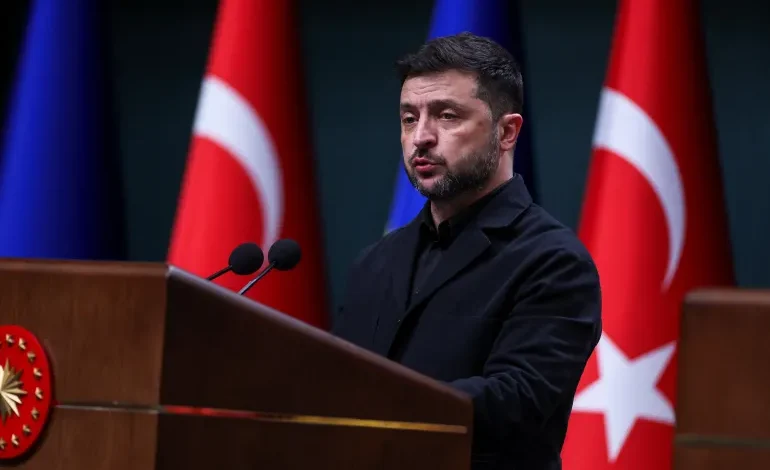

Source: University of Rhode Island.
Ukraine’s war footing is now colliding head-on with a widening corruption scandal that exposes uncomfortable realities behind the heroic wartime narrative carefully cultivated by Kyiv. Allegations of kickbacks involving senior officials and the state nuclear energy sector have placed Ukraine’s leader Volodymyr Zelensky under intense scrutiny at a moment when Ukraine is already facing military strain and fragile diplomatic positioning.
This scandal is not merely an inconvenient distraction: it outlines internal fragilities that many observers say have long been papered over by wartime messaging and Western political necessity.
Nicolai N. Petro, a recognised specialist on post-Soviet politics, has shared with the Wyoming Star (WS) his views on the situation in Ukraine, shaping it as a profound rupture in public confidence.
WS: From your viewpoint, how damaging is this scandal to public trust in wartime governance, and does it meaningfully affect Zelensky’s political image at home?
Mr. Petro:
It is devastating. Polls conducted internally (only for government consumption) are purportedly showing a 40% drop in Zelensky’s approval rating.
The intensity of this moment is amplified by reports that the United States has put forward a proposal that could require Kyiv to give up territory and scale down parts of its military capacity. Ukrainian officials have admitted the framework resembles Moscow’s long-standing demands. This seems to be something Kyiv now struggles to resist even as domestic trust erodes.
Western donors find themselves in an awkward bind: vocal insistence on transparency paired with an apparent inability or unwillingness to shift political course. This tension is sharpened by the simultaneous emergence of a US-backed 28-point peace framework that would require Ukraine to surrender large swathes of territory and drastically scale down its armed forces. The plan, described by American officials as a “working document”, would see Crimea, Donetsk and Luhansk recognised as de facto Russian, while Ukraine’s military strength is capped and parts of the Donbas turned into a “neutral demilitarised buffer zone”.
Kyiv has publicly rejected territorial concessions as unconstitutional, yet has also signalled willingness to “work” with Washington on the proposal. Such ambiguity exposes the depth of its dependence on Western backing and the narrowing space for genuine strategic autonomy.
WS: How do you assess the likely reaction of Ukraine’s major donors particularly the EU, when corruption allegations emerge during an ongoing war funded heavily by external partners?
Mr. Petro:
I think that major financial backers of the war in the EU will act outraged, but continue to shell out as much money as they possibly can to prop up current Ukrainian government. What other choice do they have? Their own political careers are intertwined with Zelensky, whom they have depicted as a model democratic fighting against Russian autocracy. They have no candidate to replace him.
This point neatly encapsulates the contradiction defining Ukraine’s current international posture: partners who cannot afford to withdraw support, yet also cannot convincingly defend the political integrity of the leadership they continue to finance. The war has become as much a reputational investment for Western leaders as a security one, making a pivot away from Zelensky politically hazardous even as his domestic credibility weakens.
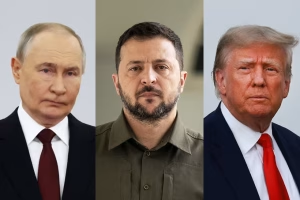
WS: In your view, does this episode reflect deeper structural governance failures, or is it primarily a political crisis centred on elite networks?
Mr. Petro:
For Ukraine, this is a distinction without a difference. Since independence, the Ukrainian government has always been a cabal of regional clans vying for power in Kiev. The current crisis is therefore a structural governance crisis resulting from a renewed power struggle among elites.
To sum up:
What’s unfolding now shows a Ukraine that can no longer rely solely on wartime rhetoric and external sympathy to hold things together. The corruption scandal, landing just as pressure grows over a US-backed peace plan, exposes cracks that were always there but carefully ignored. Kyiv is juggling shrinking public trust, a leadership under question, and partners who continue funding the war while quietly losing patience with the political theatre around it.
The risk is no longer just about losing ground on the map but slow erosion of credibility inside the country itself. As power struggles resurface and the gap between narrative and reality widens, Ukraine faces a harder challenge: proving it can govern itself with integrity, not just survive through foreign backing and emergency unity.
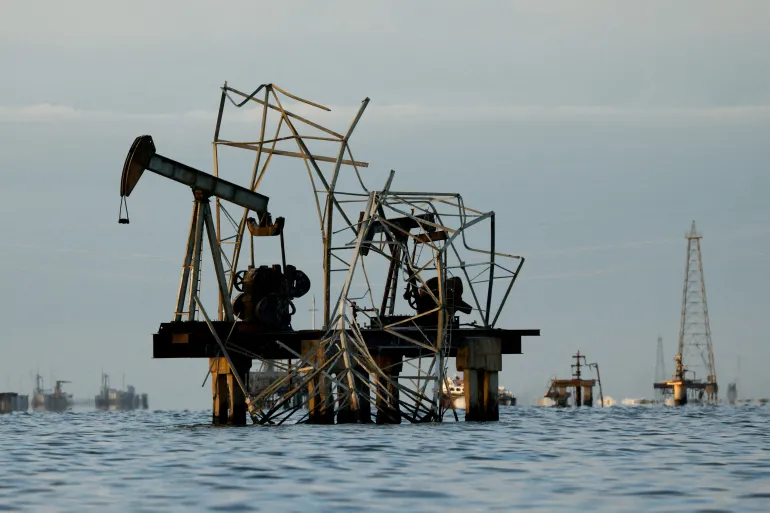
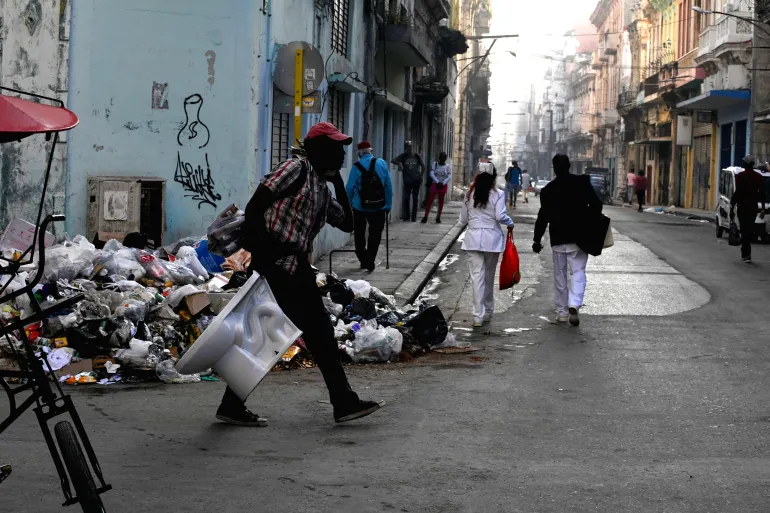
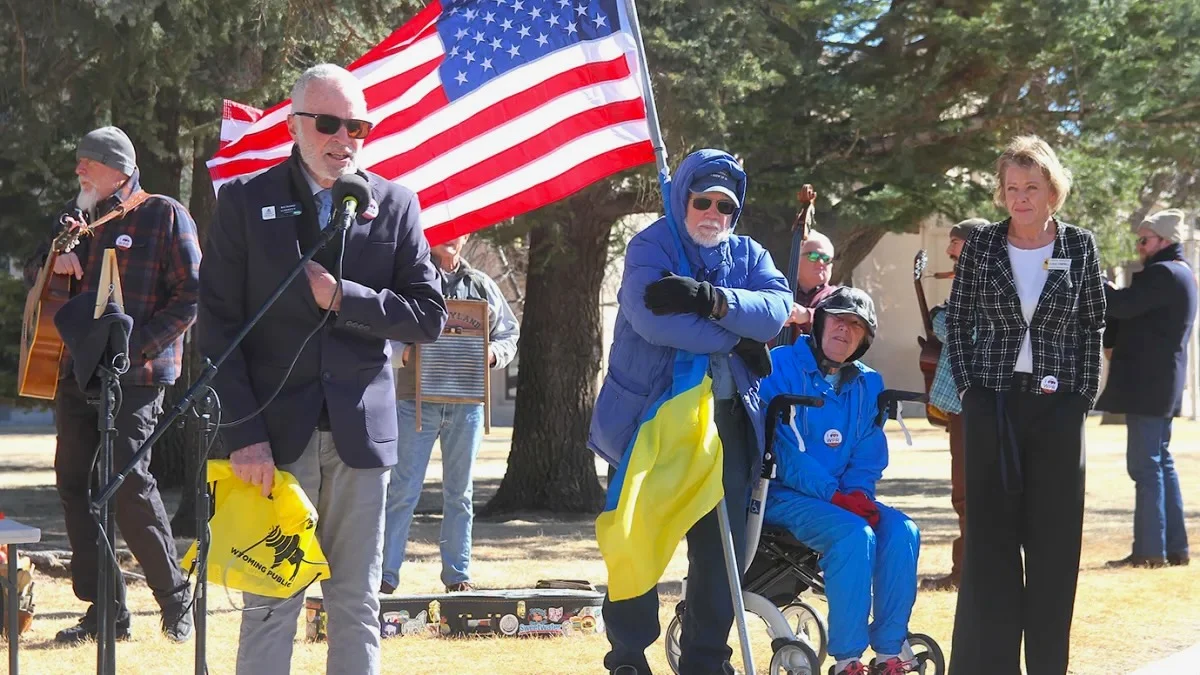
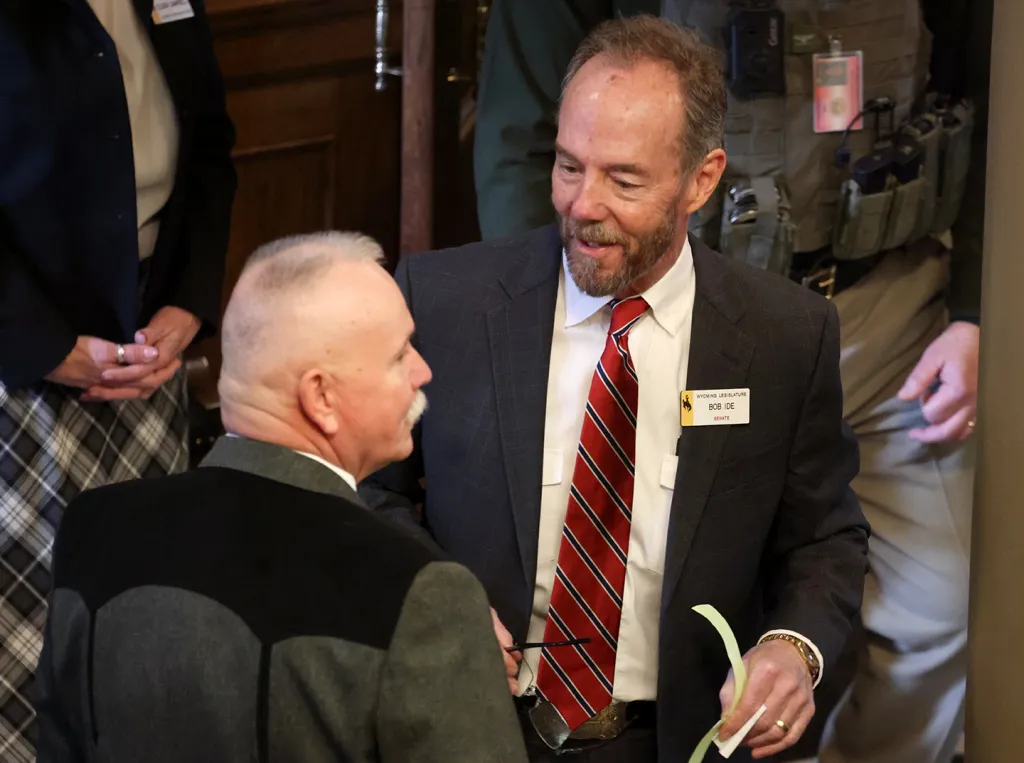



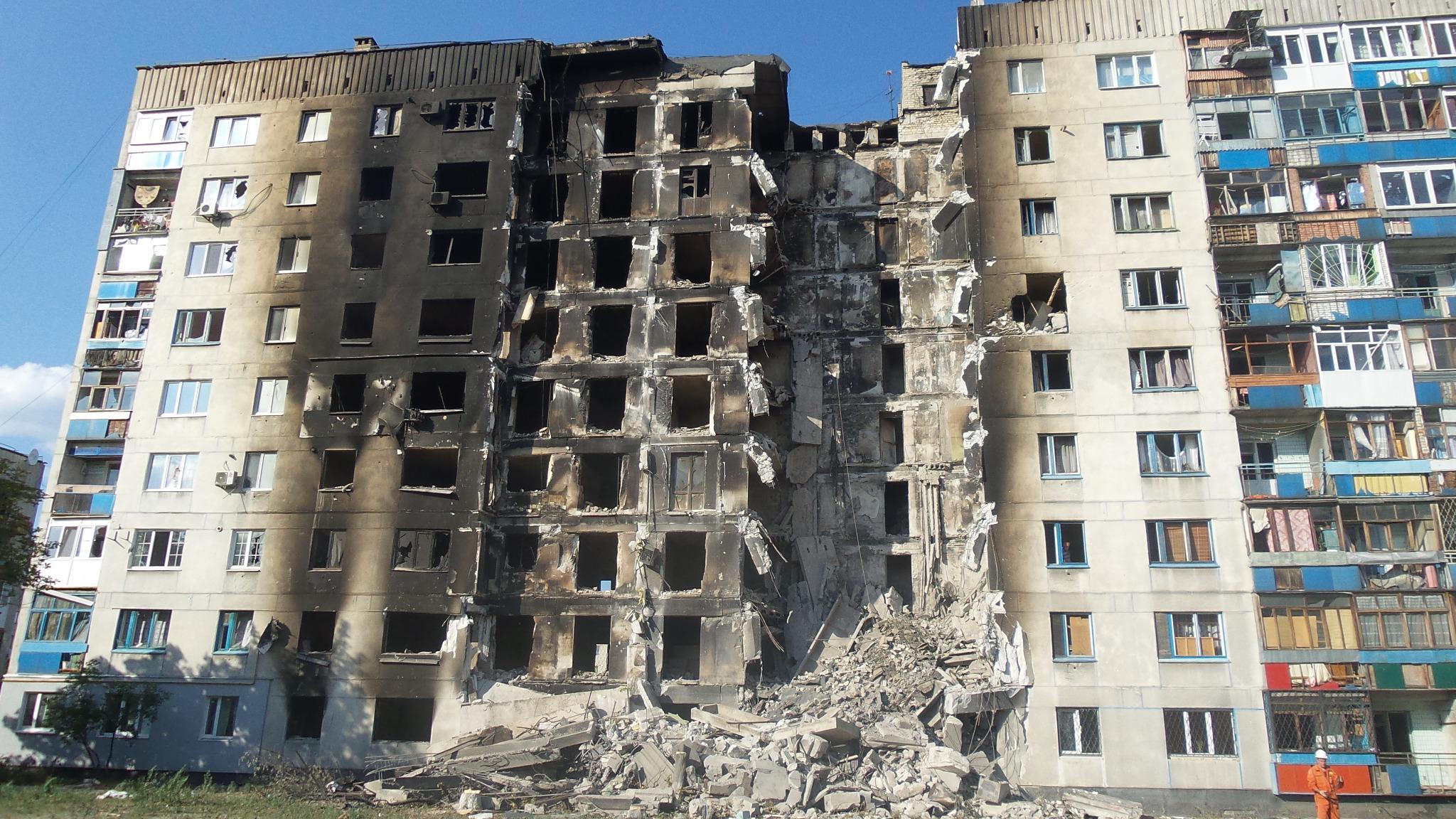

The latest news in your social feeds
Subscribe to our social media platforms to stay tuned